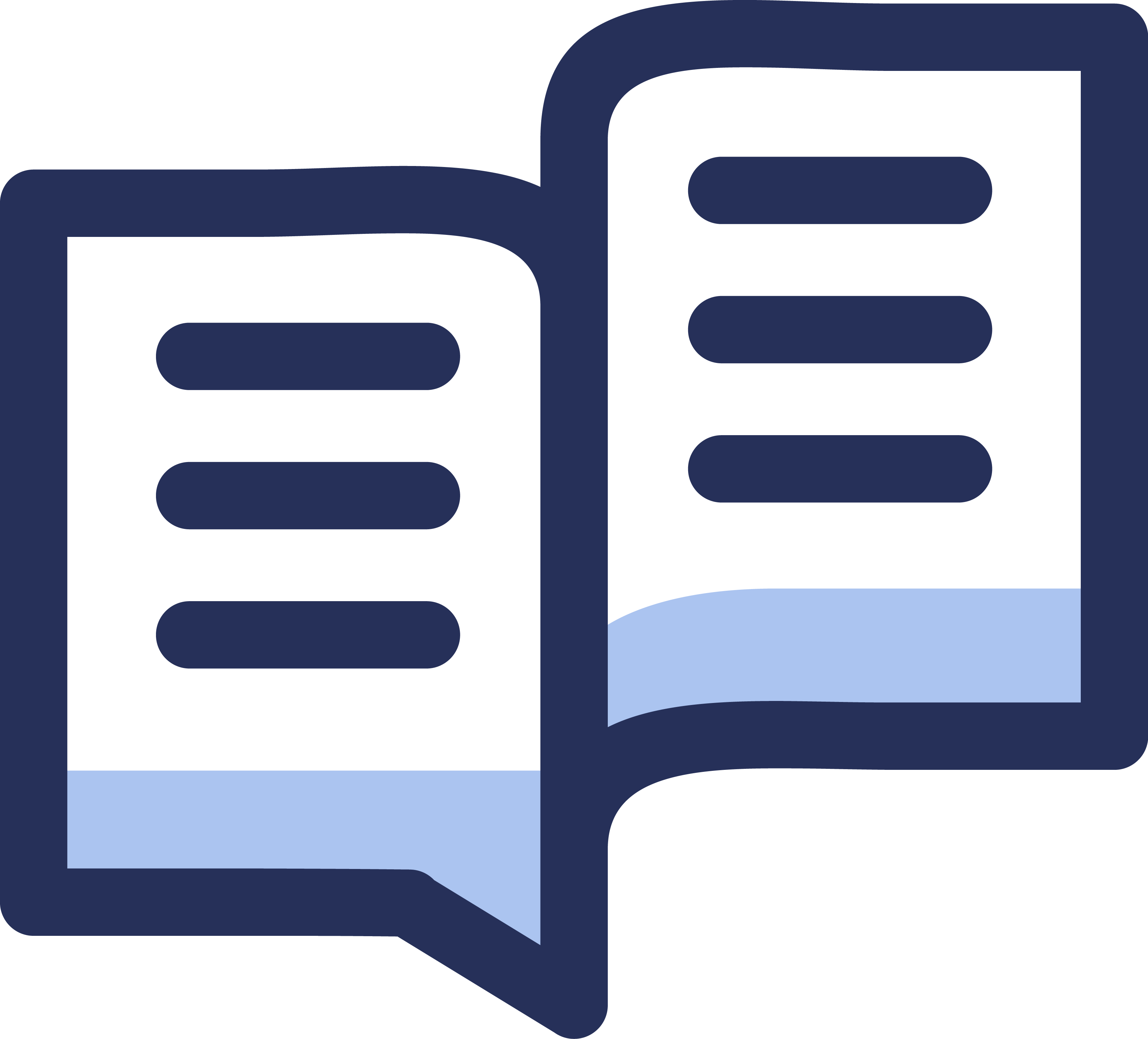
Key Takeaways
- Yes, you can learn English at home and you can do it quickly if you stay focused.
- Clear goals keep you on track and save time.
- Daily routines of 20–30 minutes are more powerful than long weekly sessions.
- Focus on speaking, listening, and vocabulary for faster results.
- Motivation and progress tracking help you stay consistent.
When people start their English learning journey, one of the most common questions I hear is Can I learn English at home? The answer is yes, and not only can you learn at home, but you can also make progress quickly if you study in the right way. Many learners spend months or even years without results because they try to do everything at once. What you need instead is a focused plan that helps you use your time effectively.
In this blog, I want to show you how to learn English quickly by setting clear goals, practicing daily, and focusing on the skills that matter most. These steps will save you time, keep you motivated, and help you see results faster.
Tips on How to Learn English Quickly
You might be wondering what specific actions will help you get faster results. Here are 10 practical tips that I recommend if you want to speed up your English learning at home. You can start using them today and adapt them to your own lifestyle.
1. Speak from day one
Many learners make the mistake of waiting until they “know enough” English before speaking. The truth is, you will never feel fully ready, and delaying speaking slows your progress. When you begin speaking from the first day, even with very short and simple sentences, your brain starts building confidence and fluency right away. You just need practice with your voice:
| Activity | Example | Time Needed |
| Self-talk | “My name is …” “I am from …” | 5 minutes |
| Daily routine | Describe your breakfast in English | 5 minutes |
| Practice partner | Short hello and goodbye conversations | 10 minutes |
2. Learn the 100 most common words
If you want to learn English quickly, vocabulary is your strongest tool. But you do not need to know thousands of words before you can talk. Research shows that the following most common words appear in almost every English conversation. By learning these first, you can immediately form useful sentences and understand basic speech without stress.
| Category | Common Words | Example Sentence |
| Pronouns | I, you, he, she, we, they | “I am happy” |
| Verbs | go, do, have, want | “I want water” |
| Everyday Nouns | food, house, book, car | “This is my book” |
3. Watch short videos daily
Listening practice is essential, but watching long movies can be overwhelming. A smarter approach is to watch short videos every day. These clips are easier to understand, and you can repeat them multiple times until the words feel natural. Watching with subtitles also helps you connect written English to spoken sounds. Over time, you will begin to hear English more clearly.
| Step | Action | Benefit |
| Step 1 | Watch with subtitles | Understand meaning |
| Step 2 | Repeat after speakers | Improve pronunciation |
| Step 3 | Watch again without subtitles | Train your ears |
4. Use flashcards for vocabulary
Memorizing words can feel boring if you only read them from a book. Flashcards solve this problem by making vocabulary review quick and active. Each card shows you a word, and your brain must recall the meaning or use it in a sentence. This small challenge helps you remember faster. Digital flashcards on apps are great for speed, but even handwritten cards can work well.
| Method | Tool | Example |
| Digital | Anki, Quizlet | Review 10 cards in 5 minutes |
| Paper | Handwritten cards | Write “apple” – draw a picture |
| Game Style | Shuffle and guess | Test yourself quickly |
5. Practice with a language partner
Learning English at home and alone can sometimes feel slow because you have no one to test your skills with. A language partner changes that. When you speak with someone, even for just a few minutes, you are forced to think in English and respond quickly. This type of real communication helps you gain fluency much faster than only studying grammar or vocabulary alone.
| Option | Tool | How to Use |
| Apps | HelloTalk, Tandem | Chat or voice call |
| Exchange | Meet another learner | Speak English half the time |
| Online Groups | Discord, Facebook | Join short practice calls |
6. Focus on phrases, not just words
If you only learn single words, you will often feel stuck when trying to make sentences. Phrases, on the other hand, are ready-made building blocks of language. They let you speak naturally and quickly without worrying about grammar rules too much. By focusing on phrases, you can start having small conversations even as a beginner.
| Phrase Type | Example | Situation |
| Greeting | “How are you doing?” | Meeting people |
| Asking for help | “Can you help me?” | At school or work |
| Everyday needs | “I would like …” | Ordering food |
7. Keep a simple English journal
Writing is one of the fastest ways to connect what you learn to your memory. By keeping a daily journal, you give yourself a chance to practice grammar, vocabulary, and sentence structure in your own words. You do not need to write long essays. Simply start by writing around 3–5 sentences about your day, and that will help you enough. Over time, you will see your writing improve, and your confidence will grow.
| Activity | Example | Benefit |
| Daily entry | “Today I ate pizza.” | Practice past tense |
| Weekly reflection | “This week I learned 20 words.” | Build confidence |
| Future goals | “Next week I will …” | Practice future tense |
8. Shadow native speakers
Many learners listen passively to English but never copy what they hear. Shadowing fixes this problem by training your mouth and ears at the same time.
The idea is simple: listen to a native speaker and repeat exactly what they say in the same rhythm and tone. This active listening method helps you sound more natural, improve pronunciation, and get used to English intonation.
| Step | Example | Effect |
| Step 1 | Play a sentence | Hear natural rhythm |
| Step 2 | Pause and repeat | Practice speaking clearly |
| Step 3 | Repeat with audio | Match pronunciation |
9. Limit translation
One of the slowest habits in language learning is constantly translating every sentence into your native language. This makes your brain work twice as hard and slows down speaking. Instead, try to think directly in English using simple words. It may feel difficult at first, but this practice will train your brain to respond faster in conversations.
| Situation | English Thinking |
| Breakfast | “I eat bread” |
| Travel | “Where is the bus?” |
| Shopping | “I want to buy milk” |
10. Reward yourself for progress
Motivation is like fuel, without it, you cannot move forward. When you are learning quickly, it is important to celebrate your achievements, even the small ones. Rewards keep your brain excited and remind you that learning is fun, not just hard work. You can give yourself a treat, enjoy a favorite activity, or share your success with friends.
| Goal | Reward | Effect |
| 7 days of practice | Treat yourself to dessert | Positive energy |
| 50 new words learned | Watch a favorite movie | Fun motivation |
| Finish 1 month | Share progress online | Social support |
A Friendly Warning
If you are a complete beginner, this blog might feel a little difficult to understand in English. Do not feel discouraged. Remember, you are not expected to understand every single word right now. This guide is written both for learners who want to speed up their own journey and for teachers, parents, or friends who want to help others learn.
If you are teaching someone English, you can use these tips as lesson ideas. For example, you can assign daily journal writing, encourage shadowing exercises, or play flashcard games. This blog can serve as a teaching framework just as much as it can serve as a self-study guide.
Conclusion
So, can you learn English quickly at home? The answer is yes. You do not need a classroom or expensive courses to make progress. What you need is smart strategies and the motivation to keep going. By speaking from day one, focusing on phrases, practicing with partners, and rewarding yourself, you will see results faster than you imagined.
Every word you learn and every sentence you practice moves you closer to fluency. Stay patient, stay consistent, and you will be amazed by how quickly you can improve.
If you enjoyed this guide and want more practical advice on learning English faster, I invite you to visit my site Thoughts in Eng. I share simple strategies, tips, and tricks to help you study effectively and stay motivated.
👉 Visit Thoughts in Eng today and start learning English more quickly and confidently.
Frequently Asked Questions
Can I learn English at home without a teacher?
Yes. With free resources online, you can practice listening, speaking, reading, and writing on your own. A teacher can help, but you can still learn quickly without one.
How long does it take to learn English quickly?
It depends on your daily practice. If you spend 30 minutes a day using these tips, you can see real progress in just a few months.
Should I focus more on grammar or vocabulary?
For fast progress, focus on vocabulary and phrases first. Grammar is important, but you can start communicating quickly with just basic structures.
Is watching movies a good way to learn?
Yes, but start with short videos or clips. Movies are long and may feel too difficult for beginners. Clips with subtitles are faster and easier.
What is the biggest mistake learners make?
Waiting too long to start speaking. Many learners spend months studying but never practice speaking. Start speaking from day one to learn quickly.





Leave a Reply